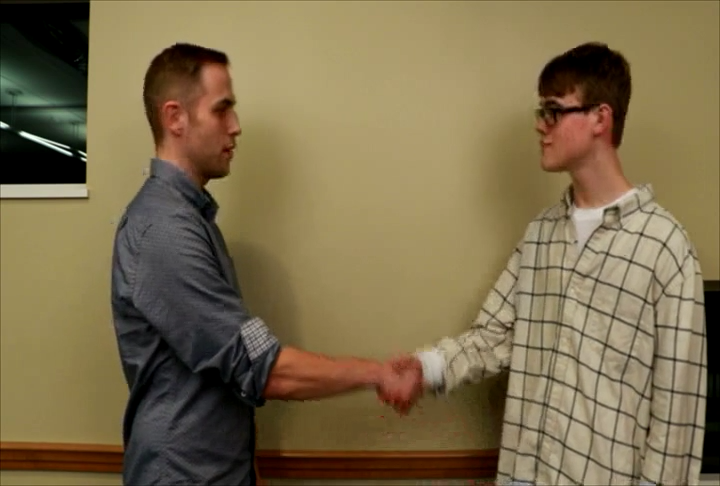Introduction
Introducing yourself is an essential skill that students need to develop, especially in special education settings. It is a basic social skill that allows students to make connections and establish relationships with others. In various contexts, such as school, work, and social situations, students will need to introduce themselves to adults and peers alike. This blog post will explore the importance of introducing yourself, provide a no-prep activity for educators, offer discussion questions, and suggest related skills for students to practice.
No-Prep Activity: The Name Game
This activity requires no preparation or materials from the educator, making it an easy and accessible way to help students practice introducing themselves.
- Have students form a circle, either sitting or standing.
- Explain that they will take turns introducing themselves by stating their name and repeating the names of the students who introduced themselves before them.
- The first student will say, “Hi, I’m [Name].” The second student will then say, “Hi, I’m [Name]. Nice to meet you, [First Student’s Name].” This pattern will continue around the circle until all students have participated.
- Encourage students to use a firm handshake when introducing themselves to their peers during this activity.
- After everyone has had a turn, discuss the importance of remembering names and using polite phrases like “Nice to meet you.”
Discussion Questions
- Why is introducing yourself important in different situations, such as school, work, or social events?
- What are some strategies you can use to remember someone’s name after meeting them?
- How can a firm handshake and saying “Nice to meet you” make a positive impression on others?
- Why is it important to use your right hand when shaking hands?
- What other polite phrases can you use when meeting new people?
Related Skills
Practicing the skill of introducing yourself can lead to the development of other essential social skills for students in special education settings. Some related skills to consider include:
- Active listening: Paying attention to what others are saying and responding appropriately.
- Eye contact: Maintaining eye contact when speaking to someone shows respect and interest in the conversation.
- Body language: Using appropriate body language, such as standing straight and facing the person you are speaking to, can enhance communication.
- Small talk: Engaging in light conversations with others to build rapport and strengthen relationships.
- Asking questions: Showing curiosity and interest in others by asking relevant questions during conversations.
Next Steps
As educators, it is vital to help students in special education settings develop essential social-emotional skills, such as introducing themselves. To access free sample materials that can assist you in teaching these skills and others, sign up for free samples at Everyday Speech. By incorporating these resources into your curriculum, you can empower your students to become more confident and successful in their social interactions.











